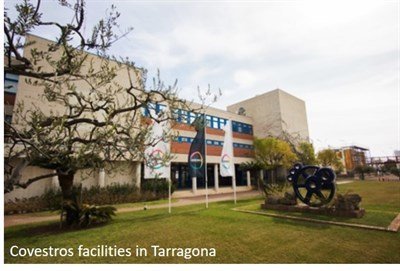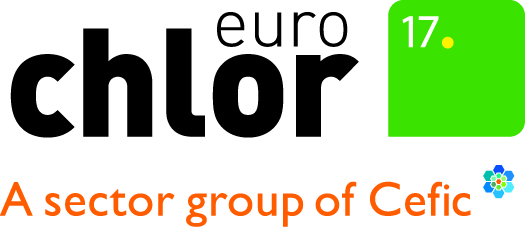Member investments demonstrate confidence and create career opportunities in Europe

Euro Chlor member's positive developments demonstrate that there is a great future and interesting career opportunities in our sector.
In recent months, there has been a raft of significant announcements including:
- Kemira will make a multi-million euro investment to expand production at its Joutseno chlor-alkali site in Finland.
- A 200M€ investment by Covestro in its production facilities in Tarragona, Spain
- INOVYN announcements regarding a major expansion project at the Rafnes Site, Norway and a substantial investment in a new state-of-the-art technology for the production of chlorine and caustic soda at Cologne (Germany)
- Further expansion at the Ercros chlor-alkali plant in Vila-seca, Tarragona, Spain
- An AkzoNobel Specialty Chemicals and Evonik Industries joint venture successfully starting chlorine and potassium hydroxide production at their joint venture facility in Ibbenbüren, Germany
- Vinnolit expanding its chlorine and VCM capacities at the Chemical Park Gendorf
- AkzoNobel Specialty Chemicals expanding chloromethane production capacity at Frankfurt, Germany
- CUF finalizing an agreement for the construction of a chlorine, caustic soda, sodium hypochlorite and hydrochloric acid production plant in Torrelavega, Spain.
During the recent Euro Chlor Management Committee. Hanno Brümmer, Head of Production & Technology at Covestro Polyurethanes spoke to me about his company’s ambitious investment plans. He was keen to emphasize the new opportunities being created.

He said, “Even as chlorine production has been in decline in the recent years, we strongly believe in an ongoing need for modern chlor-alkali production. Planning for our development at Tarragona, using state-of-the-art energy efficient technologies, is well underway and we are due to start production in the new plant in 2020.”
“There are many factors behind this development, such as a growing need to optimize energy usage to meet sustainability goals, and continued growth in demand for polymer materials. There are also promising developments in producing chemicals with renewable electricity. This in turn will also lead to job opportunities for professionals in this industry, managing and operating modern plants.”
Hanno’s comments echo those of many other senior executives in the industry who continue to invest in Europe.
The chlor-alkali industry still has many headwinds to meet, not least the challenge of finding new energy solutions that will allow European manufacturing compete globally in the years ahead, but it is heartening to see our members making this commitment to the future and to creating career opportunities for the next generation of chemical engineers.

